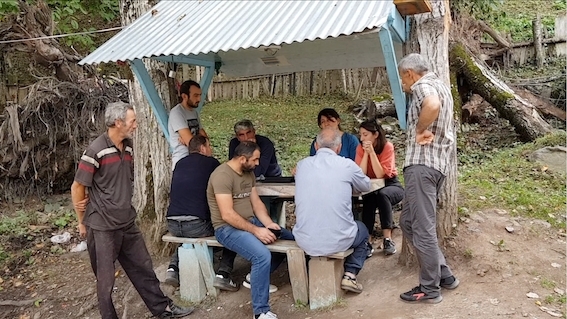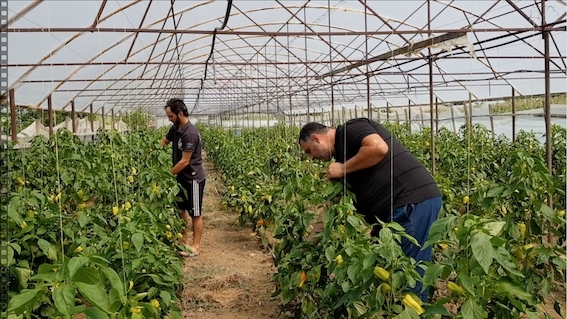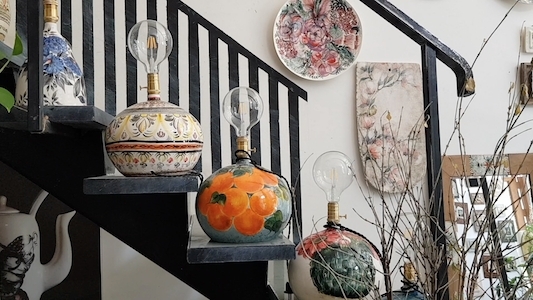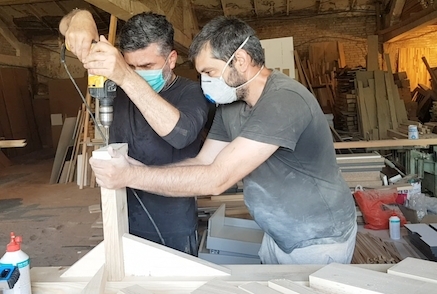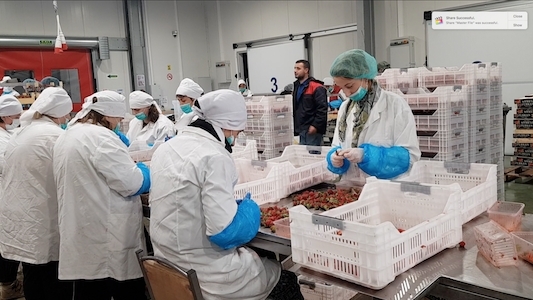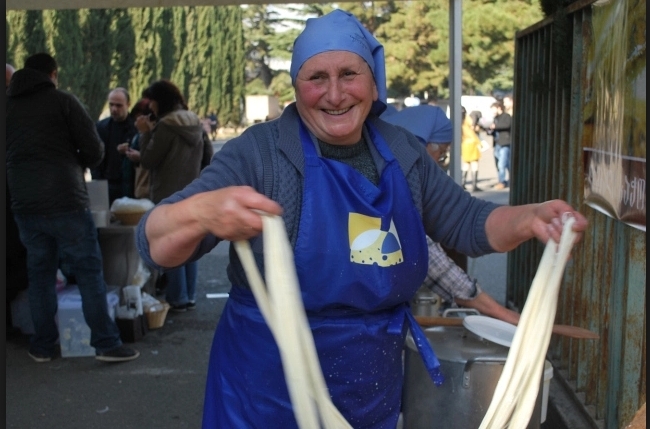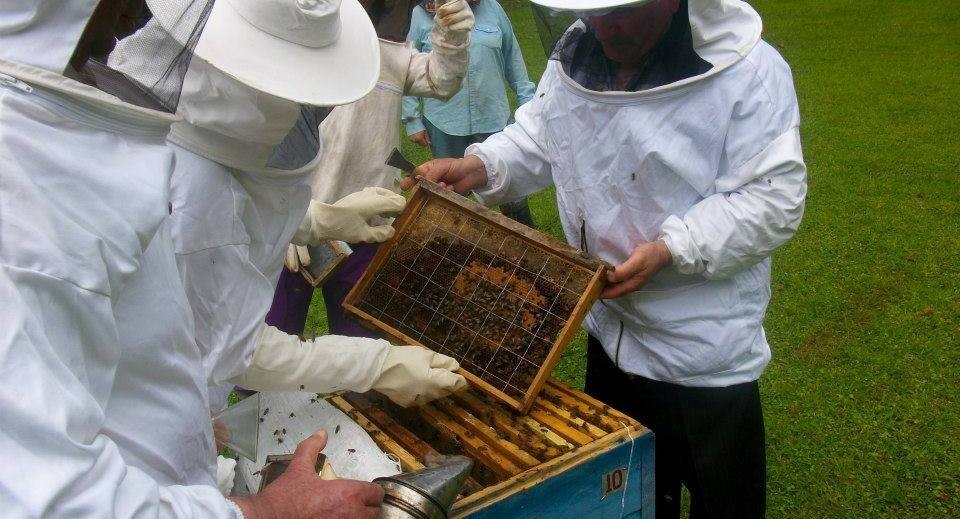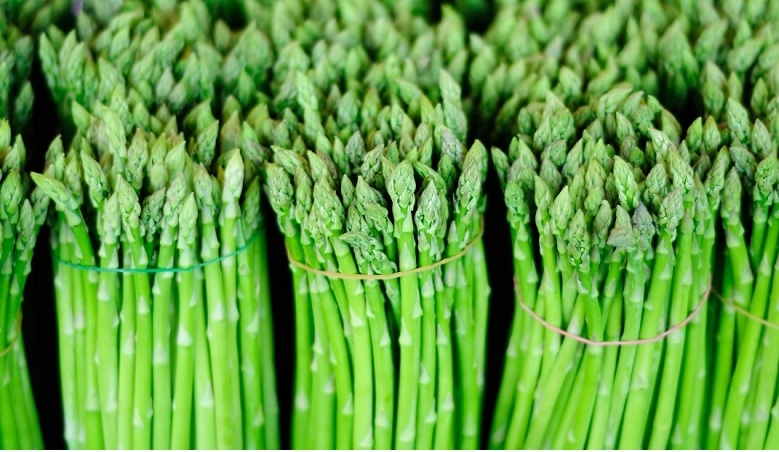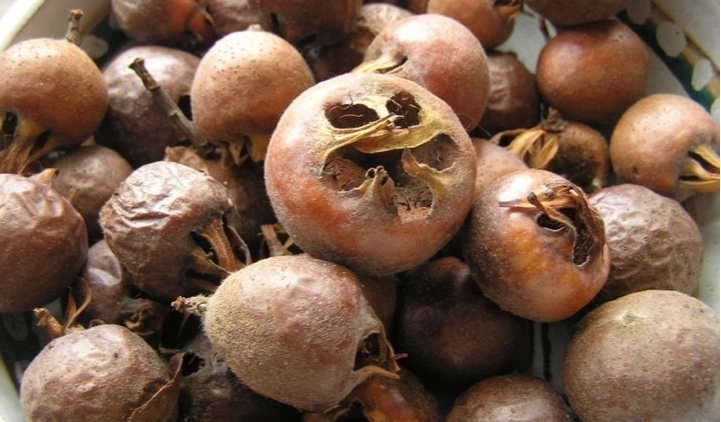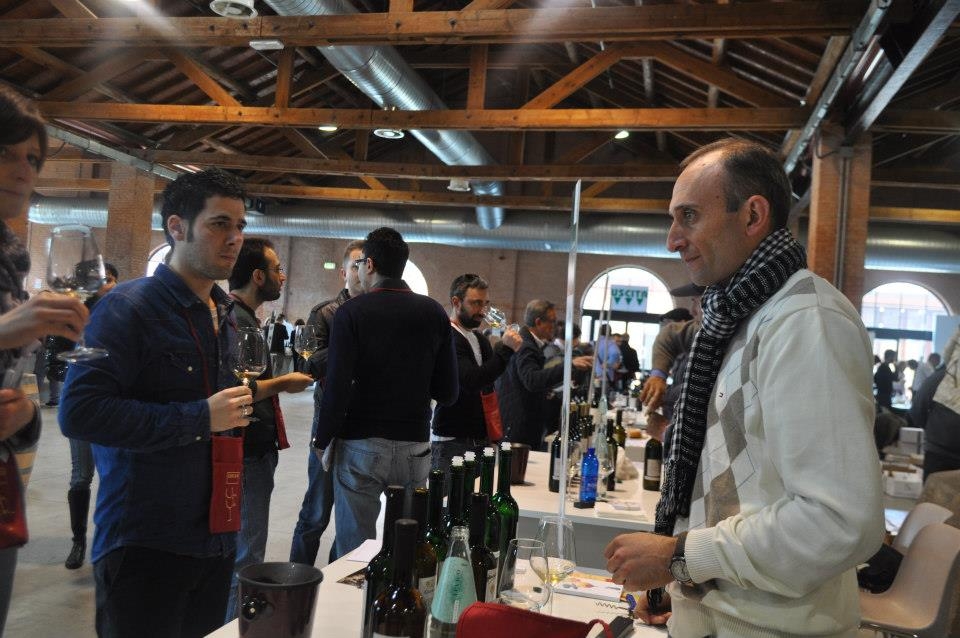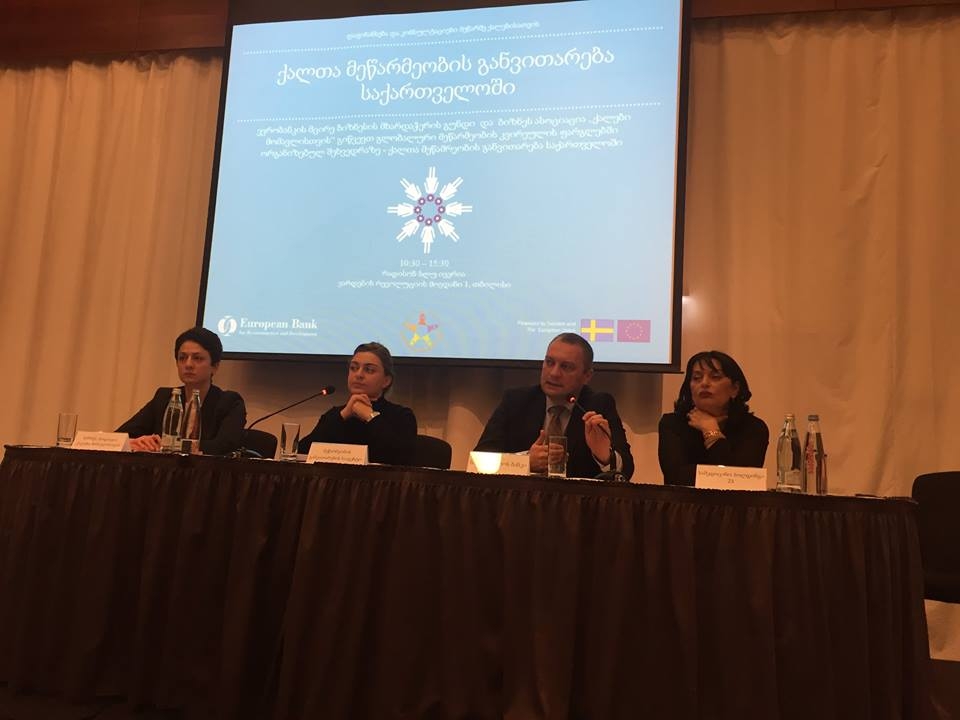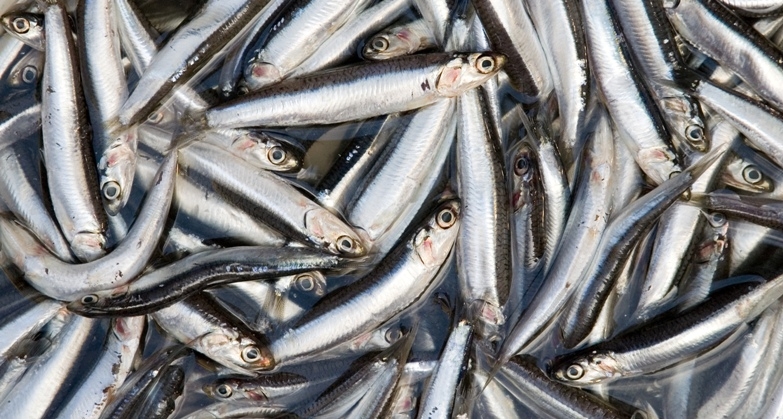Berries’ producers will have difficulties in sales this year

(Summary)
Who will buy Georgian berries?
Rafael Magalashvili ("Glenberries"): "I will pay less in berries this year"
In recent years, the berries have become a profitable business. Because of its profitability, it stimulated cultivation of new orchards. The state program has helped to develop berry gardens. Within the state program “Plant the Future”, many producers have been financed from the state budget. The berry cultivation process is going on and the entire area will soon exceed 1000 hectares.
The problem of blackberry and raspberry harvesting has been arisen last year. The raspberry and blackberry harvest will increase this year, which will create the problem of selling berry in time. One part of the farmers began to think about alternative ways of berries’ sales. They are considering possible variants, such as exporting fruit or freezing for sale on offseason.
Apart from distributors, several big companies will buy berries from farmers at this season. They have shock freezers. Some of them are going to buy berries at the peak of the season, freeze and then export, including in Europe. Some are planning to sell frozen fruit in a local trade chains.
How much will "Glenberries" and "Agrolane" pay?
Raspberries and grapes will be purchased by the company "Glenberries", which has a refrigerator in Kareli municipality. The company bought berries last year and exported mostly to Turkey and Israel. As the head of the company, Raphael Magalashvili says, Frozen berries were sold in Europe and the US ("Glenberries" refrigerator can freeze 1500 kg of berries in one hour, after which the berries are stored in refrigerator for 3 years). "Glenberries" owner will buy berries from the farmers this year, but he is no longer going to pay the old price.
Raphael Magalashvili, head of “Glenberries”:
“In case of successful negotiation with farmers I will buy the whole harvest. If they pick properly, I will buy all of the berries. But the problem is that they do not know how to collect properly. Neither do they know when to collect berries. They do not care about the area around the garden. There are bushy grasses around the plots, they bake the berries and then it is very difficult to get rid of it. Microbiological test in Israel has shown that the berries from Georgia did not meet the standards. The expert took the worms out of the fruit, which was not visible by eyes”
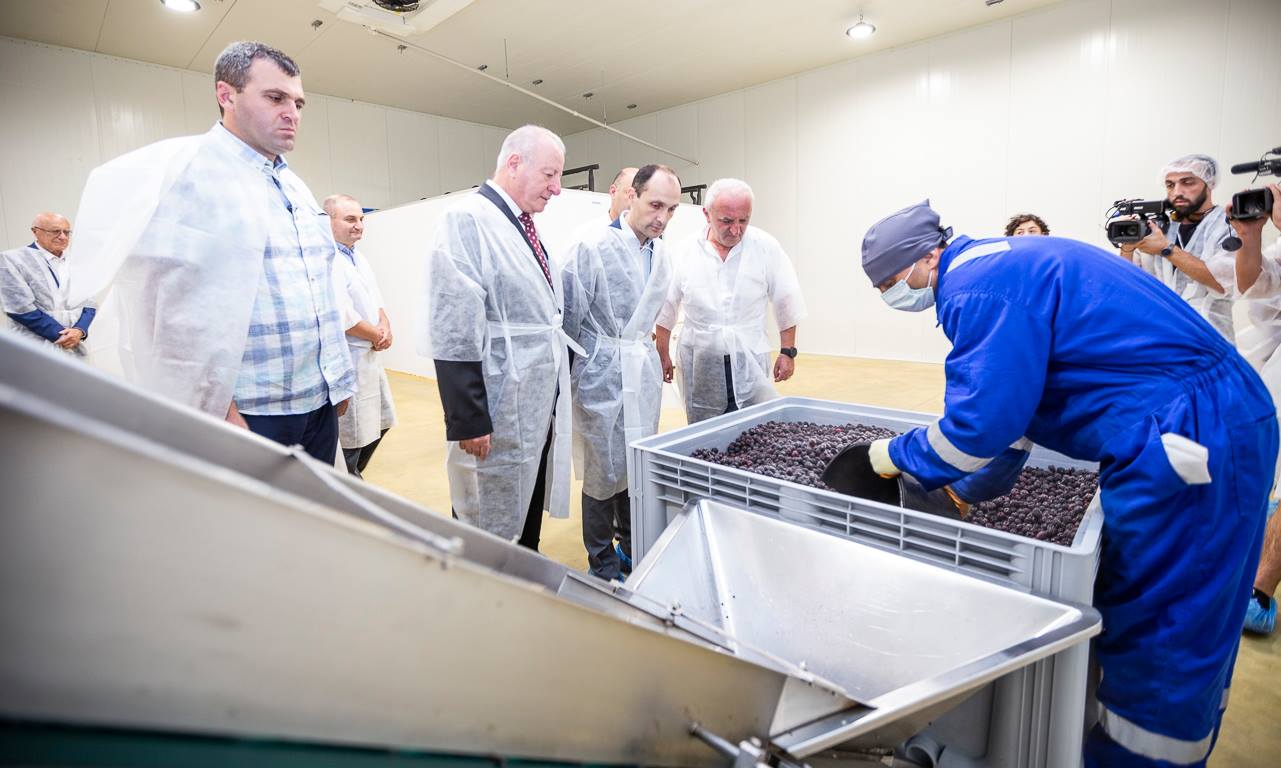
"Agrolane" will also be able to take fruits from the farmers and freeze them in shock freezers.
The company has its own blueberry orchards in Baghdati municipality and exports its berries to foreign countries. For the first time they plan to buy blackberry and raspberries from the farmers and freeze them in the shock freezers. The company is no longer going to expand the orchards and will mainly be oriented on processed production. Director of the company Giorgi Ghviniashvili says that local farmers will get less money for their blackberries and raspberries compared to previous years.
Giorgi Ghviniashvili, Director of “Agrolane”:
“Now everyone has high expectations and the real value will appear after the pickup. We cannot offer high price because the prices on the world market have fallen. Frozen raspberries costs one Euro in Poland. We will purchase berries from the farmers only when they have the surplus in harvest. They can sell fresh berries at the beginning or at the end of the season, as they will get more money. But when the product is in excess quantity and do not you know what to do they will know that they can bring their berries to us”
Apart from “Glenberries” and “Agrolane”, there are several relatively small scale refrigerants in the country. Some of them are in construction processes. Consequently, new companies will get berries from farmers. However, taking into consideration Intensity of cultivation of orchards, it will not be enough. Before the development of the processing industry, Local producers may have a hard time, when they will have to sell their products cheaply, which will cause financial problems.
Author: Nona Kvlividze
The article is prepared with the financial support of the Ministry of Foreign Affairs of Lithuania and "Development Cooperation and Democracy Promotion Programme."




